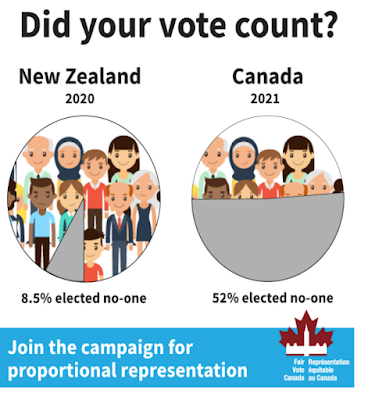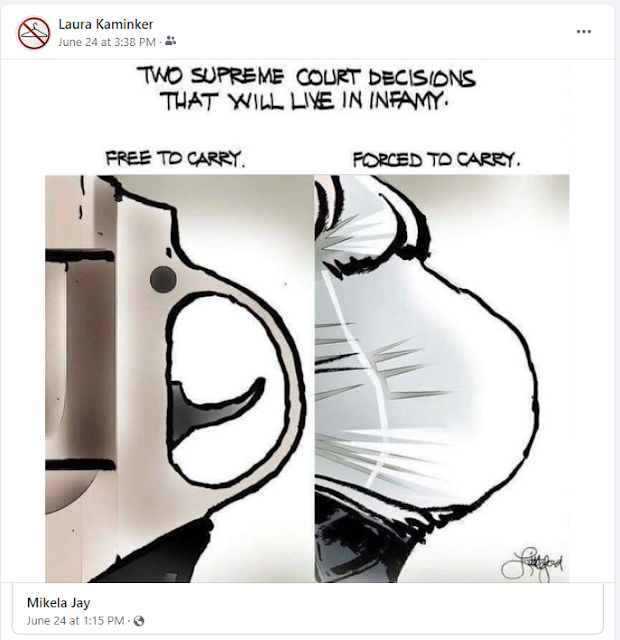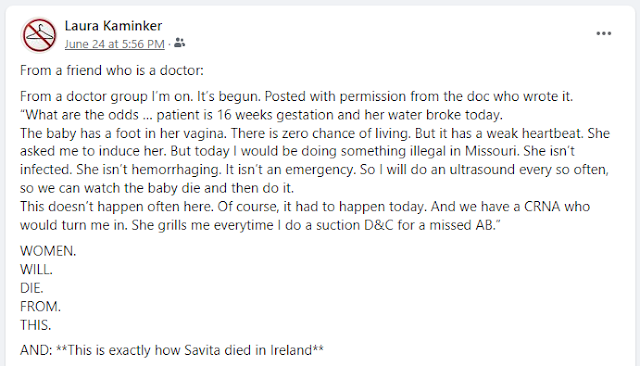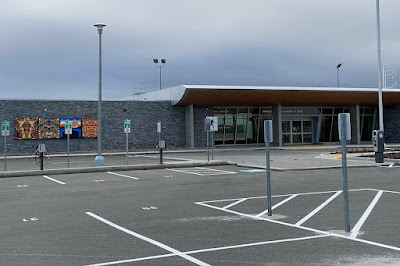Last year, while attempting to get a parking pass during our vacation --
without a phone, my phone having been fried by an update -- I got caught in
circuitous and frustrating encounter with information and technology gaps.
About a year later, navigating the brave new world of do-it-yourself airport screening, I used quite a few resources -- skills, devices, time, and patience -- to find, navigate, and complete the covid requirements for both US and Canada cross-border travel.
I deal with technology every day, and I'm about as confident a tech user as you will find. Yet each of these experiences was complicated, time-consuming, and frustrating.
The digital divide is an abyss
How do people without digital skills get by? What happens to folks who can't navigate these mazes?
There are some analog workarounds, required by accessibility laws, but can you find them? How do you find them if you aren't online?
There are people you can hire to expedite these steps for you. But if you're not digitally literate, you probably can't find them and you almost certainly can't afford them.
There may be someone in your life who can ask for help. But what if everyone in your life is from a similar background and social standing, and also lack these skills?
If you're lucky, someone will suggest you go to the public library. You can try that, and hope that resources haven't been slashed to such an extent that no one has the time and focus to help you. (Remember the scene in "
I, Daniel Blake", where other library users help Daniel get online?)
These not-really-options don't factor in the shame and embarrassment that, for so many people, comes with asking for help, and they certainly don't factor in anxiety, mental confusion, and the exhaustion of poverty.
The digital divide is not about age
In library school, we talked a lot about the "digital divide" -- the gap between those who have access to technology and those who don't. As time goes on, this gap has become a canyon, and it's getting wider and deeper all the time.
There's a mistaken impression that the digital divide is one of age, with seniors on the have-not side. This is an ageist assumption that should have been retired a long time ago. Baby boomers are in their late 60s and 70s now!
Research (in a US context) shows the percentage of tech users over 65 is still slightly lower than that of other age groups, but the gap is shrinking all the time. In Canada, the percentage of people over the age of 65 using the internet doubled between 2007 and 2016.
Stats Can notes (emphasis mine):
The findings suggest that age is a primary determinant of Internet use among seniors, but that differences in educational attainment and other demographic characteristics are also important. . . .
Among young seniors with more advantaged characteristics, Internet use is presently at near-saturation levels and is comparatively high among their counterparts in older age groups as well. Among disadvantaged seniors, Internet use is far lower among younger seniors and sharply declines among older groups.
There's also an assumption that "young people" are somehow born knowing how to use technology. This assumption is even less valid than the one about seniors. Ask anyone who teaches in a low-income area.
Knowing how to use a smartphone and check Facebook does not constitute digital literacy.
None of us are born with skills. If you grow up in a home without internet access and computers -- or you don't even have a home to grow up in -- how would you become digitally literate?
The American Library Association
defines digital literacy as "the ability to use information and communication technologies to find, evaluate, create, and communicate information, requiring both cognitive and technical skills." This includes:
How to type on a keyboard
How to use a basic word-processing program
How to save a document and how to find it later
How to search the internet – not Facebook. Indeed, understanding the difference between the internet and Facebook requires digital literacy. Facebook has capitalized on the general lack of digital skills by creating an environment that requires skills to leave
It's all the same divide
The digital divide is the same divide that plagues all aspects of our capitalist society. It all comes down to money.
For a time I worked in a library in one of the lowest-income areas of Ontario. Families would rush to the library after work -- because the children's homework was only available online.
Every day, I would watch in horror and frustration as children and teens would lose their work because they didn't know how to save a document, or didn't remember that their work wouldn't be saved on a public computer. Of course library staff tried to help, but there are many customers, not many staff.
Analog shouldn't be dead, but it is
Obviously, services of every kind have moved online. This has many positive impacts, as the internet has expanded our reach in ways unimaginable only decades earlier. But at the same time,
analog options have disappeared, and this trend continues to accelerate and expand. Some more recent developments include:
Two-step verification, requiring internet access
and a mobile phone. These are both expensive propositions, out of reach of many.
Needing an email address to open an email account. What do first-time emailers do? Librarians have collected some solutions, but most people don't have that information.
In Canada, printed tax forms are no longer available publicly. They are available by special request only.
To enter Canada from another country (including if you are Canadian), you must use an app. Not
can use an app; you
must use it. Using the app requires a truckload of embedded competencies: you have to scan your passport and upload your covid passport, among other things. Like most apps, there are recursive pieces, opaque bits, decisions to be made -- and frustration, including for the most adept users.
The analog tax: making a flight reservation or booking a rental car by phone costs more than booking it yourself online.
Pay-for-tech-help. Have you bought a TV lately? You can't just plug it in and watch TV. You need an app, an account, and -- if you're not careful and savvy -- you are giving a tech giant access to all your data. Without digital skills, chances are you can't even navigate the landing page, and think you have access only through the tech company's portal.
And of course, covid. As public schools went online, what happened to students without home internet access? Mostly, they disappeared.
This is a safety issue, as people without digital skills are infinitely more vulnerable to phishing and other fraud.
This is a poverty issue, as children from less advantaged families will fall ever-farther behind, until the gap is simply insurmountable to all but the extremely gifted. This is the creation of a new kind of underclass.
This is a labour issue, as companies find ever more ways to hire fewer people and force consumers to do unpaid work. You may be so accustomed to this that you don't even realize it's happened.
People used to answer the phone and ask "How may I direct your call?".
Self-checkout would have been unthinkable. Who wants to work as an unpaid cashier?
But more than anything, this is an issue of social exclusion. Those without digital skills are increasingly confined to a smaller range of options, and that sphere only continues to shrink.
I am not anti technology. I'm anti exclusion and anti poverty.
Those of us who use computers as part of our jobs, and are privileged to have leisure time, have picked up our digital skills over time, often barely registering that it was happening.
People who don't encounter computer skills on a regular basis, and whose use is limited to time in a public library -- or not all -- don't get the sustained, daily repetition that builds solid competencies. These may be tradespeople, people who work outdoors, or people who grew up in homes where parents did not use technology.
In a society that valued all people equally, it would not be difficult to change this. It would be complex and multifaceted, but we could significantly shrink the gap.
We would need:
Public-utility internet access. In 2016, the United Nations declared that
access to the internet is a human right. In North America, this could be more closely achieved if
internet access was a public utility, rather than a for-profit commercial concern.
Double or triple or quadruple funding for the public library, and use most of it for high-speed internet and public-use computers.
Require governments and companies to always retain analog options, and provide disincentives to do otherwise.
Require businesses to maintain minimum staffing levels at touchpoints that currently assume that everyone is DIY.
As a librarian, I am aware of many programs, funded by sources such as the United Way or directly from the province, that address these issues. They are excellent and important programs, but they are short-term, and very limited in scope and reach. They are a tiny drop in an ocean of need.



.jpg)





































